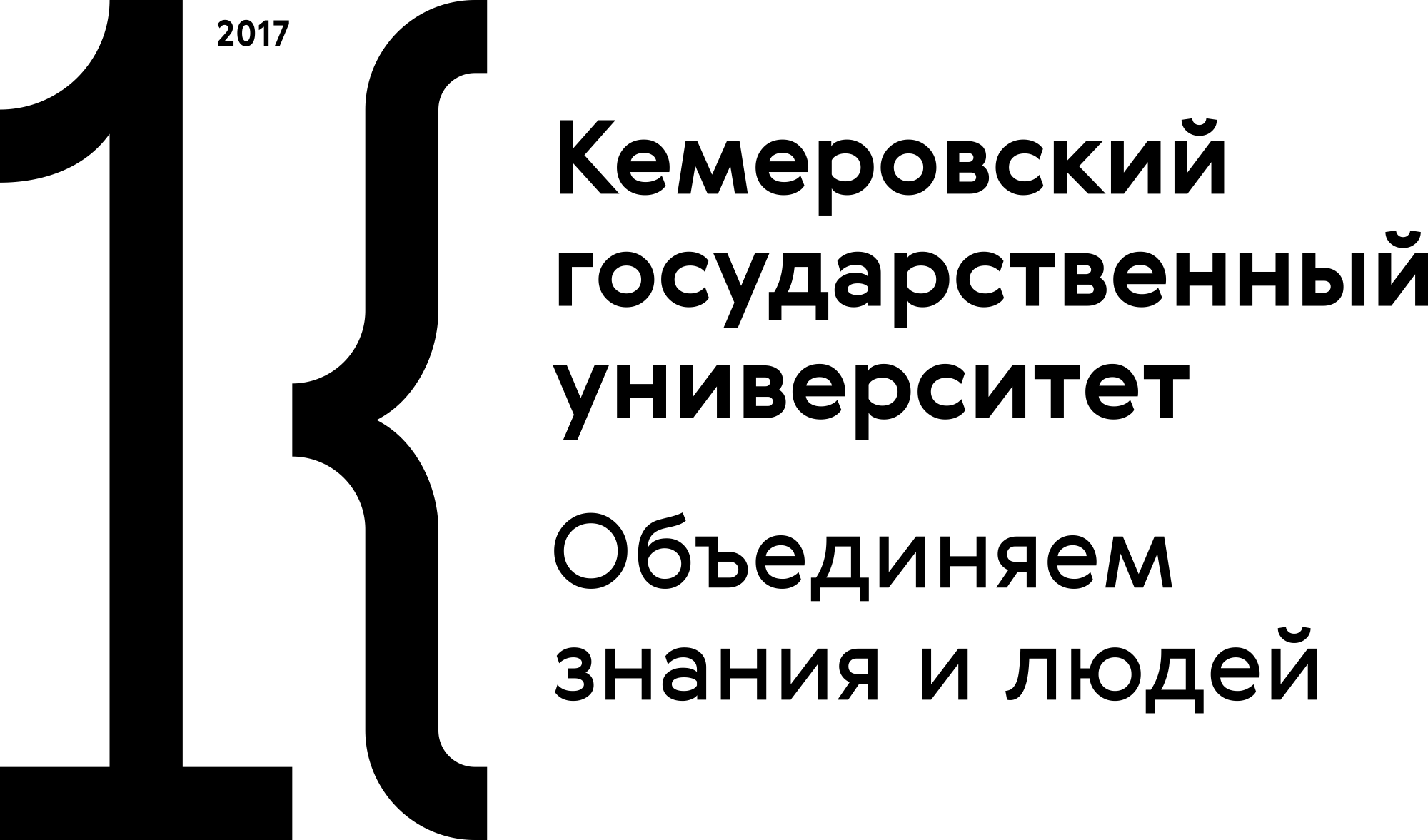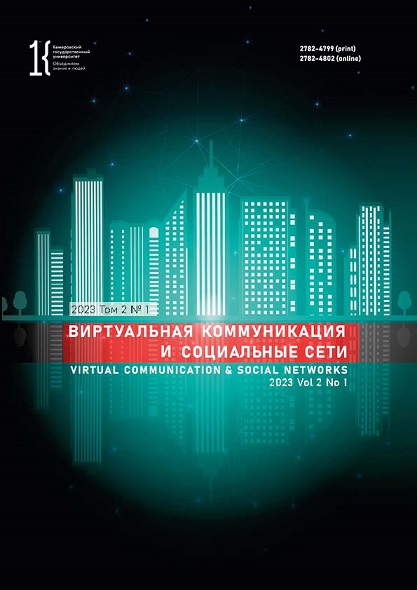Kemerovo, Russian Federation
from 01.01.2020 until now
Russian Federation
Kemerovo, Russian Federation
Digital communication allows almost every subject of social and political interaction to act as a communicator, interpreter, and broadcaster of information. Online users can also act as petitioners, appealing to the authorities, other citizens, opinion leaders, experts, etc. Government representatives are interpreters and administrators of political decisions. Digital communication gives them an opportunity to demonstrate their social positions, citizenship, solidarity, and attitudes. And this is where the following contradiction arrives. On the one hand, the authorities need to mobilize real and virtual communication. On the other hand, they perceive mobilized population as a threat: to be controlled, organized social communities require resources, as well as complex and expensive measures. The authors reviewed publications that featured socio-political interaction. The review revealed that the mobilization of civic participation remains understudied. Digitalization increases the importance and relevance of network practices of social activism. Traditional forms of interaction between community members and authorities are gradually being replaced by networked, flexible, and participatory ones. Constructive and destructive forms of mobilization transform socio-political relations. The review provided a diversification of constructive and destructive practices of public participation in decision-making at federal, regional, local, and company levels. Digital forms and methods of socio-political interaction increase in number, and theri measurement indicators keep changing.
socio-political interaction, digitalization, mobilization, radicalism, performance as social activity, civic activism
1. Vasilev I. V. Theoretical model of the system of mobilization training in the Russian Federation. Vlast’, 2020, 8(3): 135-141. (In Russ.)] https://doi.org/10.31171/vlast.v28i3.7327
2. Debord G. The Society of the Spectacle. M.: Logos, 2000, 224. (In Russ.)]
3. Dmitrieva N. E., Zhulin A. B., Artamonov R. E., Titov E. A. Assessment of digital readiness of the population of Russia: Proc. XXII April Intern. Sci. Conf. on problems of economic and social development, Moscow, 13-30 Apr 2021. Moscow: HSE, 2021, 86. (In Russ.)]
4. Zemnukhova L. V. Elusive civic activism: from political protest to non-political activity. Sotsiodigger, 2021, 2(3): 65-69. (In Russ.)] https://www.elibrary.ru/qqgfco
5. Keane J. Democracy and media decadence, ed. Smirnov A. Moscow: HSE, 2015, 312. (In Russ.)]
6. Klimova S. G., Klimov I. A. Interactions of urban dwellers with powers: competent participation and problem of intermediaries. Sociological Studies, 2015, (4): 51-57. (In Russ.)] https://www.elibrary.ru/trrqlj
7. Kosorukov A. A., Osipov V. S. The mechanisms of sociopolitical mobilization of youth on the example of Russian, Belarusian and Chinese Telegram channels. Law and Politics, 2021, (9): 176-196. (In Russ.)] https://doi.org/10.7256/2454-0706.2021.9.36442
8. Kranzeeva E. A., Golovatskiy E. V., Orlova A. V. Reactive interaction between the government and the population in social networks: transport reform of Novokuznetsk. Virtual Communication and Social Networks, 2022, 1(1): 24-30. (In Russ.)] https://www.elibrary.ru/bmhrmu
9. Ognev A. S., Brodovskaya E. V., Davydova M. A. Identification of triggers for strengthening social discontent networks in the subjects of the Russian Federation. Vlast’, 2022, 30(5): 98-106. (In Russ.)] https://doi.org/10.31171/vlast.v30i5.9244
10. Parma R. V. Differentiation of types of public participation in social research. Vlast’, 2022, 30(5): 46-52. (In Russ.)] https://doi.org/10.31171/vlast.v30i5.9236
11. Pichugina O. A. Performance in the socio-political discourse of modern Russia. Vestnik RGGU. Seriya: Politologiya. Istoriya. Mezhdunarodnye otnosheniya. Zarubezhnoe regionovedenie. Vostokovedenie, 2012, (1): 101-111. (In Russ.)] https://www.elibrary.ru/oujuxx
12. Radina N. K. Digital political mobilization of online commenters on publications about politics and international relations. Polis. Political Studies, 2018, (2): 115-129. (In Russ.)] https://doi.org/10.17976/jpps/2018.02.09
13. Sedova N. N. Civil activism in modern Russia: formats, factors, social base. Sociological Journal, 2014, (2): 48-71. (In Russ.)] https://www.elibrary.ru/sjuoan
14. Toshchenko Zh. T. Phantoms of the Russian society. Moscow: Tsentr sotsialnogo prognozirovaniya i marketinga, 2015, 668 (In Russ.)] https://www.elibrary.ru/truijb
15. Shtompka P. Social change as a trauma. Sociological Studies, 2001, (1): 6-16. (In Russ.)]
16. Yanitsky O. N. Mass mobilization: problems of theory. Sociological Studies, 2012, (6): 3-12. (In Russ.)] https://www.elibrary.ru/pbtuib
17. Calvani A., Fini A., Ranieri M. Digital competence in K-12: theoretical models, assessment tools and empirical research. Anàlisi, 2010, (40): 157-171. https://doi.org/10.7238/a.v0i40.1151
18. Hansen N. W., Hau M. F. Between settlement and mobilization: political logics of intra-organizational union communication on social media. Work, Employment and Society, 2022. https://doi.org/10.1177/09500170221122537
19. Theocharis Y. The conceptualization of digitally networked participation. Social Media + Society, 2015, 1(2). https://doi.org/10.1177/2056305115610140


















